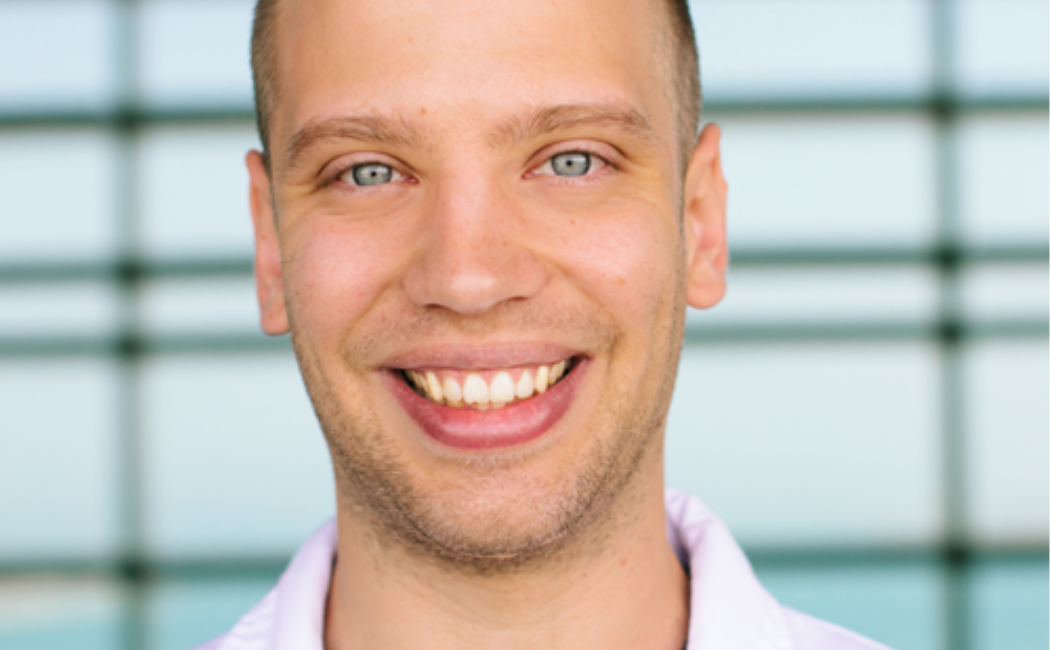


TITLE: Red Sea Physicochemical Gradients as Drivers of Microbial Community Assembly
ADVISOR: Professor Daniele Daffonchio
DATE: Monday, July 22, 2019
TIME: 2 pm – 3 pm
LOCATION: Auditorium between Bldg 2&3 - Level 0 - Room 0215
Abstract: Environmental gradients exist at global and local scales and the variable conditions they encompass allow the coexistence of different microbial assemblages. Studying gradients and the selection forces they enclose can reveal the spatial succession and interactions of microorganisms and, therefore, how they are assembled in functionally stable communities. By combining high-throughput sequencing technology and laboratory experimental approaches, I investigated the factors that influence the microbial community assemblages in two types of environmental gradients in the Red Sea. I have studied the communities in the chemoclines occurring at the transition zones along the interfaces between seawater and the Deep Hypersaline Anoxic Brines (DHABs) at the bottom of the Red Sea. Across these chemoclines salinity increases of 5-10 times respect to the overlying seawater. I compared the microbial community diversity and metabolisms in the chemoclines of five different DHABs, finding different microbial community compositions due to the different DHABs characteristics, but the same succession of metabolisms along the five interfaces. From the Suakin Deep brine, I assembled the genome of a novel bacterial phylum and revealed the metabolic features that allow this organism to cope with the challenging variable conditions along the chemocline. In an alternative environmental system, I studied the effect of different thermal regimes on the microbiome of coastal sediment exposed to different yearly ranges of temperature variation. Sediment bacterial communities living under larger temperature variations are more flexible and can grow under a larger range of thermal conditions than communities experiencing narrower temperature ranges. My results highlight the large metabolic flexibility of microorganisms and their capacity to efficiently self-organize in complex functional assemblages under extreme ranges of environmental conditions.
Bio: Alan completed his bachelor and master degree in Biological Sciences at the University of Milano-Bicocca, Italy, investigating the microbial communities associated with the gut of the invasive longicorn beetle Psacothea hilaris. After the graduation, he joined KAUST to start a PhD in marine science. The main aim of his PhD was understanding how environmental gradients can shape the diversity of microbial communities and how the communities can cope when exposed to variable conditions. To reach this goal his research activity has been focused on the study of microbial community dynamics along physicochemical gradients in two different Red Sea environments, such as brine pools and coastal marine sediments. In particular, he has been investigated how the steep gradients formed between the seawater and the hypersaline anoxic brine water determines the stratification of the microbial communities, that thrive in these extreme conditions. Whereas in a time series project, I have been examined the effect of temperature gradients on the microbial community assemblies associated with coastal marine sediments, exposed to different ranges of temperature variations along the year.